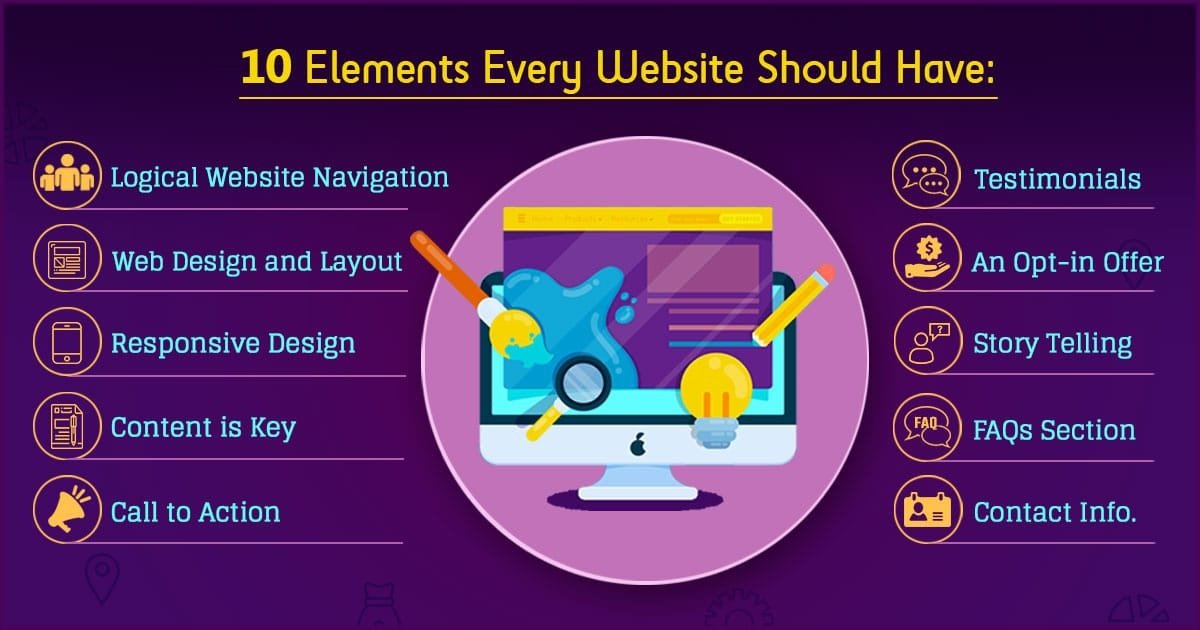
Choosing the right wholesale fabric supplier is a crucial decision for any business in the textile or fashion industry. Your supplier can significantly influence your product quality, pricing, and overall business success.
With the right supplier, you can ensure a steady supply of high-quality fabrics, timely deliveries, and fair pricing, which are essential for maintaining your brand’s reputation and customer satisfaction. This blog post will provide key considerations and tips for selecting a reliable wholesale fabric supplier for your business Fabric Supplier.
Understanding Your Needs Fabric Supplier
Before you start searching for a wholesale fabric supplier, it’s essential to have a clear understanding of your business’s specific needs. This includes the types of fabrics you require, the quantities, your budget, and any other specific requirements such as certifications or sustainability practices Fabric Supplier.
- Types of Fabrics: Identify the specific types of fabrics you need for your products. This could include cotton, silk, polyester, hemp, or blends. Understanding your fabric requirements will help you narrow down your supplier search to those who specialize in these materials.
- Quantities: Determine the volume of fabric you need. Some suppliers cater to large orders, while others may be more suitable for smaller, boutique quantities. Knowing your volume requirements can help you find a supplier that fits your business size.
- Budget: Establish your budget for fabric procurement. This will influence your choice of supplier and the types of fabrics you can afford. Be sure to consider both the price per unit and any additional costs, such as shipping or import duties.
- Certifications and Sustainability: If your business focuses on sustainability or requires specific certifications (such as organic or fair trade), ensure that your potential suppliers can meet these standards. This can be a critical factor in your selection process.
Researching Potential Suppliers
Once you have a clear understanding of your needs, the next step is to research potential suppliers. This involves gathering information about their reputation, reliability, and the quality of their products.
- Online Directories and Trade Shows
- Utilize online directories and attend trade shows to find a list of potential suppliers. Websites like Alibaba, ThomasNet, and Maker’s Row can be valuable resources. Trade shows also provide an opportunity to meet suppliers in person and see their products firsthand Fabric Supplier.
- Industry Recommendations
- Seek recommendations from industry peers, business networks, or trade associations. Personal referrals can provide insights into the reliability and quality of a supplier based on firsthand experiences.
- Supplier Websites and Catalogs
- Visit supplier websites and review their product catalogs. Pay attention to the range of fabrics they offer, their pricing, and any additional services such as custom dyeing or printing. This can give you an idea of whether they can meet your specific needs Fabric Supplier.
- Customer Reviews and Testimonials
- Look for customer reviews and testimonials to gauge the supplier’s reputation. Websites like Trustpilot or Google Reviews can provide valuable feedback from other businesses that have worked with the supplier.
Evaluating Supplier Quality and Reliability
Once you have a shortlist of potential suppliers, it’s crucial to evaluate their quality and reliability. This involves assessing their product quality, production capabilities, and business practices.
- Sample Orders
- Request samples of the fabrics you are interested in. This allows you to assess the quality, texture, and color of the fabrics before committing to a larger order. Pay attention to consistency in quality across samples.
- Production Capabilities
- Evaluate the supplier’s production capabilities to ensure they can meet your volume requirements and deadlines. Ask about their lead times, minimum order quantities, and their ability to scale production if your business grows Fabric Supplier.
- Quality Control Processes
- Inquire about the supplier’s quality control processes. Reliable suppliers like Ethical Elements should have stringent quality checks in place to ensure that each batch of fabric meets the required standards. This can include checks for color consistency, fabric strength, and defect rates.
- Certifications and Compliance
- Verify that the supplier holds any necessary certifications relevant to your business. This could include ISO certifications for quality management, environmental management certifications, or specific textile industry certifications. Compliance with international standards ensures the supplier adheres to best practices.
Assessing Communication and Customer Service
Effective communication and strong customer service are essential for a successful supplier relationship. Assessing these aspects early on can save you from potential frustrations down the line.
- Responsiveness
- Evaluate how quickly and effectively the supplier responds to your inquiries. Prompt and clear communication is crucial for addressing any issues that may arise and for ensuring smooth transactions.
- Customer Support
- Assess the level of customer support offered by the supplier. This includes their willingness to provide detailed product information, assist with custom orders, and resolve any problems that may occur Fabric Supplier.
- Transparency
- A reliable supplier should be transparent about their pricing, production processes, and any potential delays. Transparency helps build trust and ensures that you can make informed decisions.
- Language and Cultural Barriers
- If you are dealing with international suppliers, consider potential language and cultural barriers. Clear communication is vital for avoiding misunderstandings, so ensure that you can effectively communicate with your supplier.
Negotiating Terms and Conditions
Once you have identified a potential supplier, the next step is to negotiate the terms and conditions of your partnership. This includes pricing, payment terms, delivery schedules, and any other contractual obligations.
- Pricing and Payment Terms
- Negotiate pricing based on your budget and the volume of your orders. Discuss payment terms, such as whether payment is due upon delivery or if there are options for installment payments. Ensure that the terms are fair and feasible for your business.
- Delivery Schedules
- Agree on realistic delivery schedules that align with your production timelines. Reliable suppliers should be able to provide accurate lead times and meet agreed-upon delivery dates.
- Contractual Obligations
- Clearly outline all contractual obligations, including responsibilities for defects, returns, and cancellations. Having a detailed contract helps protect your business and ensures that both parties understand their commitments.
- Flexibility
- Discuss the supplier’s flexibility in accommodating changes to orders, such as quantity adjustments or last-minute requests. A flexible supplier can adapt to your business’s changing needs, which is particularly important for growing companies Fabric Supplier.
Building a Long-Term Relationship
Establishing a long-term relationship with your supplier can lead to numerous benefits, including better pricing, priority treatment, and more personalized service. To build a strong partnership, focus on consistent communication, mutual trust, and collaboration.
- Consistent Communication
- Maintain regular communication with your supplier to stay updated on their production status, new product offerings, and any potential issues. Regular check-ins help build a strong working relationship and ensure that both parties are aligned.
- Mutual Trust
- Foster mutual trust by being reliable and transparent in your dealings. Honor your commitments, pay on time, and provide honest feedback. Trust is a two-way street that strengthens the partnership.
- Collaboration
- Collaborate with your supplier on new projects, product developments, and innovations. Involving your supplier in your business growth plans can lead to valuable insights and better support for your initiatives.
- Feedback and Improvement
- Provide constructive feedback to your supplier and be open to receiving feedback as well. Continuous improvement is essential for maintaining a high standard of quality and service.
Conclusion
Choosing the best wholesale fabric supplier for your business is a multi-faceted process that requires careful consideration and due diligence. By understanding your needs, researching potential suppliers, evaluating their quality and reliability, assessing their communication and customer service, negotiating favorable terms, and building a long-term relationship, you can find a supplier that aligns with your business goals and helps you succeed.
Read also: How Professional Gym Cleaning Services Can Boost Your Business






